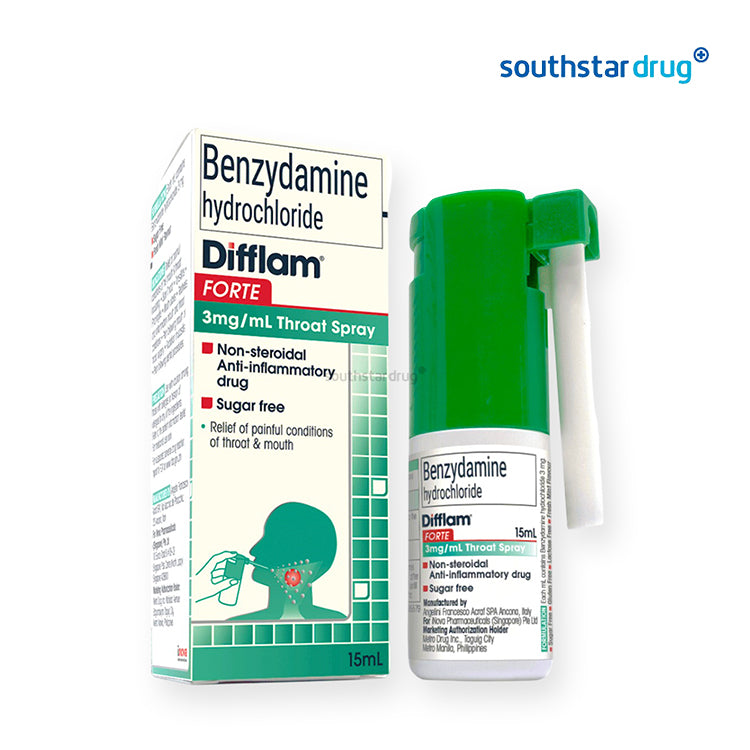As there are four different strains of the dengue virus, severe dengue may occur when a person who has developed immunity to one strain becomes infected with another strain. Elderly patients with multiple medical conditions are also more likely to develop severe dengue. It initially presents with:
PHASE ONE
- Fever
- Intense Headache
- Loss of Appetite
- Muscle Pain
- Nausea
- Reduction in White Blood Cells
- Skin Rashes
- Vomiting
Dengue Hemorrhagic Fever
Less than a week after an initial onset of symptoms, the patient may display warning signs that the dengue is becoming worse. The temperature may go below 38 degrees Celsius and include:
PHASE TWO
- Bleeding of Gums and Nose
- Fluid Accumulation in the Body
- Restlessness
- Liver Enlargement
- Persistent Vomiting with Blood
- Rapid Breathing
- Rapid Decrease in Platelet Count
- Severe Abdominal Pain
Dengue Shock Syndrome
Severe dengue fever can damage the lungs, liver, or heart. Shock may occur, and in some cases, death. The symptoms of severe dengue include:
PHASE THREE
- Black Stools
- Blood in Urine
- Respiratory Distress
- Severe Blood Plasma Leakage
- Severe Skin Bleeding with Spots of Blood on the Skin (Petechiae)
- Impairment of Liver, Heart, or Other Organs
- Changes in Mental State with Impaired Consciousness
Treatment in the ICU
Delayed treatment increases the risk for multi-organ failure or shock, which leads to death. There is no known cure for severe dengue, but ICU treatment that focuses on the symptoms includes:
- Blood and Platelet Transfusion
- Intravenous Fluids for Rehydration
- Oxygen Therapy
A patient with these warning signs of severe dengue requires urgent medical attention. Bring your loved one to the hospital near you for a much-needed intervention.









